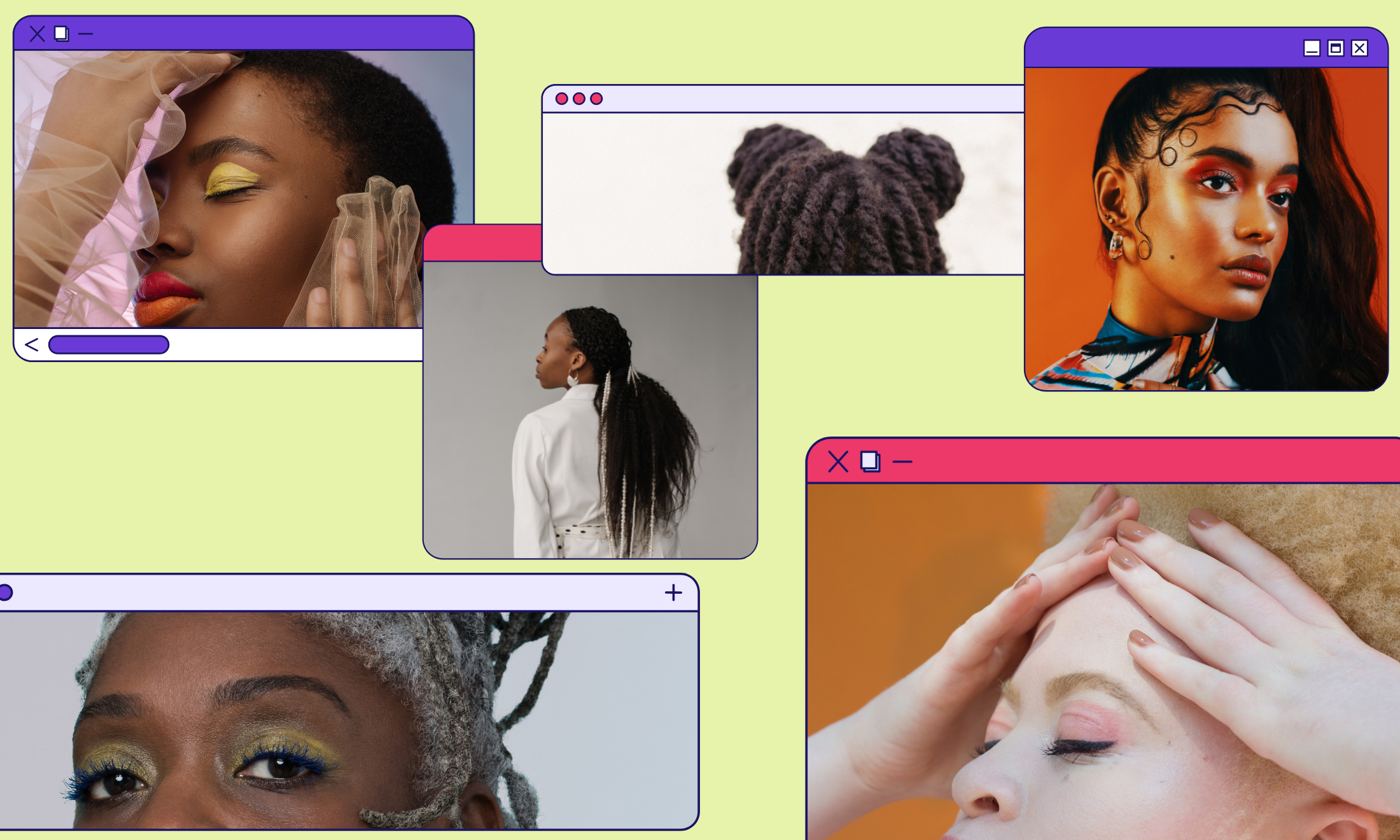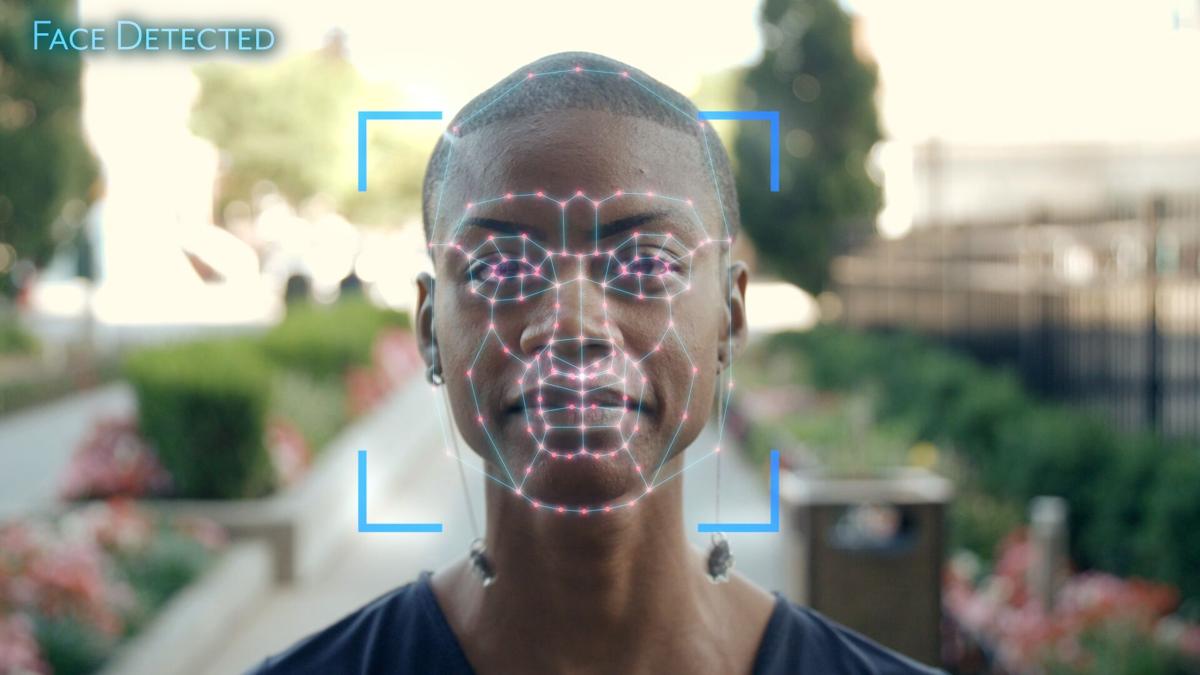
Following the recent sacking of Google engineer, James Damore, due to his hateful remarks towards women claiming that they’re not suited to jobs in tech, I felt the need to re-evaluate the level of struggle I’m about to face entering this industry. If an engineer from one of the largest and well known tech companies can openly claim that the underrepresentation of women is due to “biological causes”, the level of hidden prejudice that must exist in the industry is unimaginable, even intimidating. As a recent Computer Science graduate and a woman of colour, I feel I have severely underestimated the intolerance I could face in the coming years of my career in a sector dominated significantly by white men.
After being discouraged to study Computer Science by my middle-aged white male A-Level ICT teacher, I still chose to go ahead with it. I was lucky to meet many women of colour in my field who had similar experiences to me during university, but I know this isn’t reflective of the number of women of colour in the industry as a whole.
In the UK, only 21% of the STEM workforce (science, technology, engineering and mathematics) are women, and the percentage of women of colour is even smaller. There has been growing attention to the lack of women in the industry, and there are many strong initiatives encouraging women to enter into this field, such as Women in STEM and the WISE Campaign.
“In the UK, only 21% of the STEM workforce are women, and the percentage of women of colour is even smaller”
What we see less of, though, are the unique experiences of women of colour in tech, the struggles they face and their spectacular achievements. And we’re less aware of the brilliant initiatives focused on women of colour. Initiatives such as Black Girl Code and BlackGirl.Tech show girls what the field is all about. People of Colour in Tech focuses on uplifting accomplishments of people of colour in technology and highlighting the significance of their contributions, which often go unnoticed. It also enables people of colour to find jobs in tech, connecting them with potential employers, and features many women of colour who are successful founders of their own companies as well as software engineers at major firms.
For example, Christella Dolmo is a mobile engineer at Kickstarter. Christella mentioned that she, like many women of colour, had negative preconceptions about being in the tech industry. She was unable to relate to it and had doubts about the prospects of a successful career. Her views changed after taking part in meet-ups discussing diversity in tech and she was motivated to pursue a career in a field she never expected to end up in.
Another example is 20/20 Shift, founded by Ariel Lopez. 20/20 Shift aims to encourage tech companies to introduce diversity in their workforce. The team of women have personal experience of being part of the underrepresented in their field and are working towards minority inclusion. They also provide workshops and courses allowing those who want to enter the industry to learn new skills.
“What we see less of, though, are the unique experiences of women of colour in tech, the struggles they face and their spectacular achievements”
And a third example, this time from me: Erase All Kittens is a game I’m contributing to, which introduces young girls to coding by providing a fun platform for them to explore basic skills in languages including HTML, CSS and JavaScript. By providing this kind of exposure and introducing them to coding at an early age, I hope that more girls – and especially young girls of colour – will take ownership of this field and feel a sense of belonging. It’s important to have strong women of colour role models in tech to inspire others. Seeing people who look like them excelling in this industry can be the difference between merely having an interest, and girls truly believing they belong in this profession.
In September, I’m going to begin my Master’s degree in Information Security at UCL. Although I’m incredibly excited to start my journey into the field, I can’t help but feel a similar sense of apprehension that I felt prior to my undergraduate. The anxiety of being a minority in a workplace or learning environment still lingers, which is why it is vital that we go to extents to increase minority inclusion in the tech industry.
“There is no part of tech that a woman of colour or minority cannot excel in”
There is no part of tech that a woman of colour or minority cannot excel in. Initiatives that contribute towards allowing us to grow in the field are so important and deserve more encouragement. By motivating young girls to take part and providing access to resources for them to advance their skills, we’re raising up a new generation of women of colour to take ownership of this constantly developing sector.









